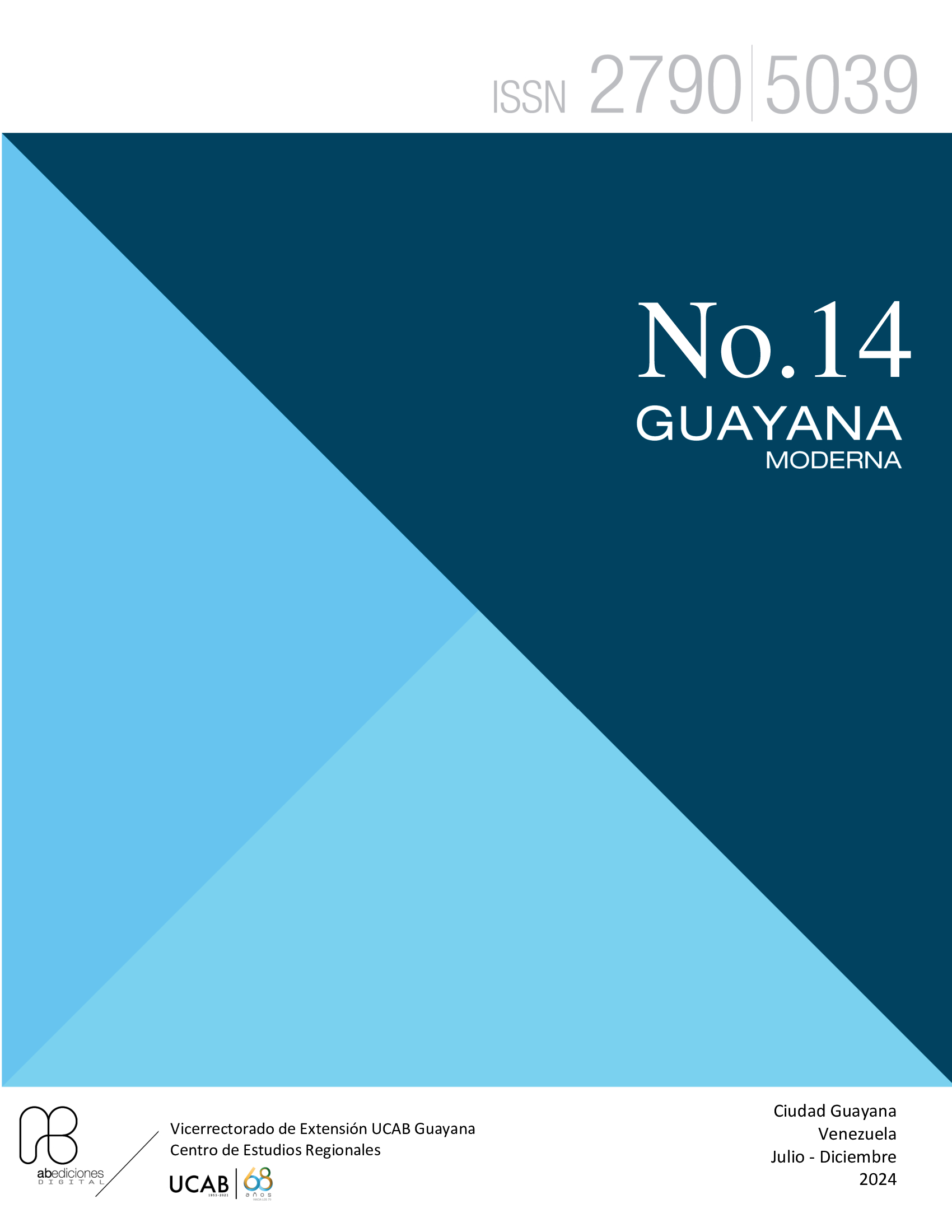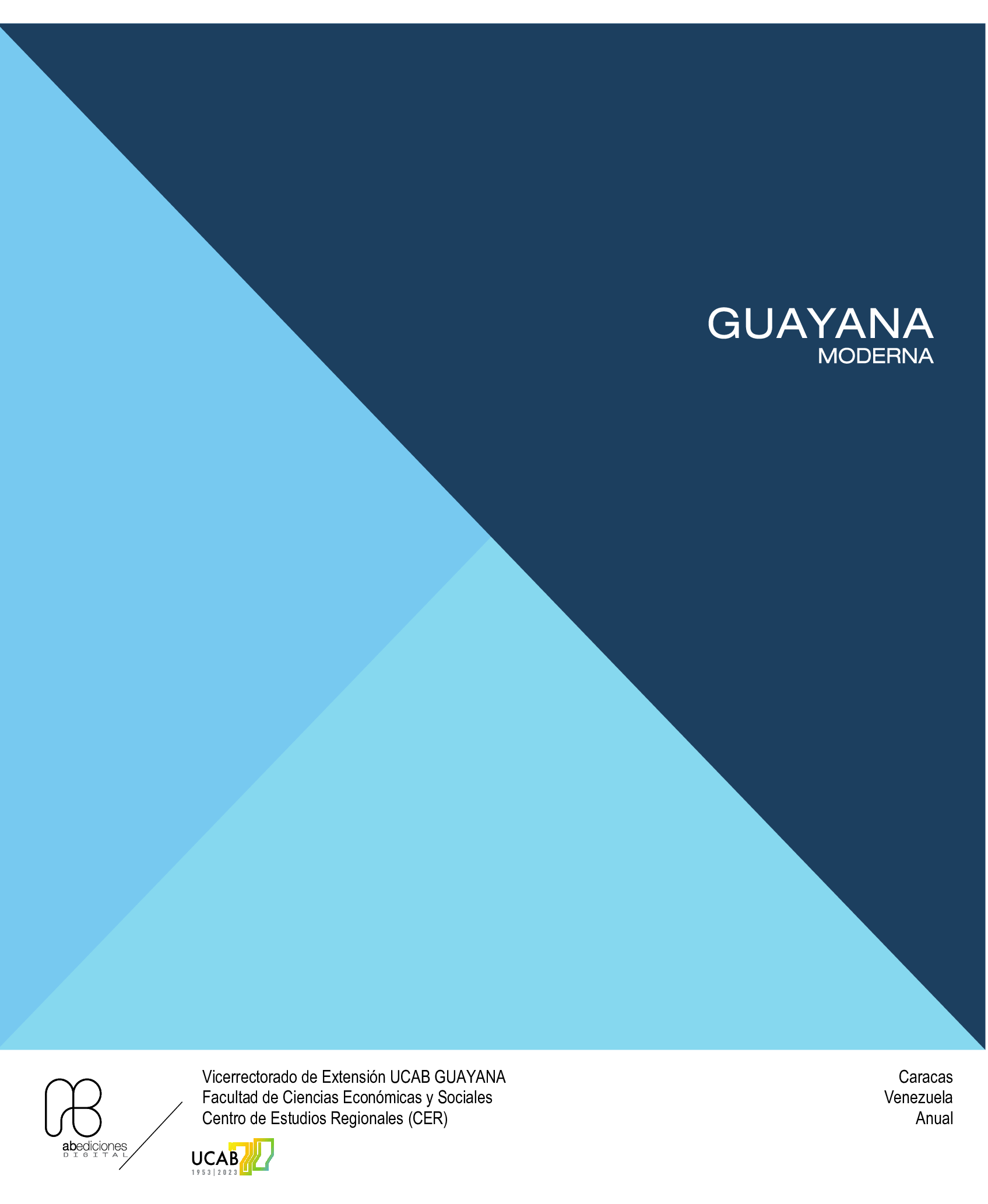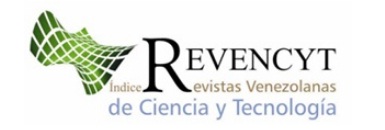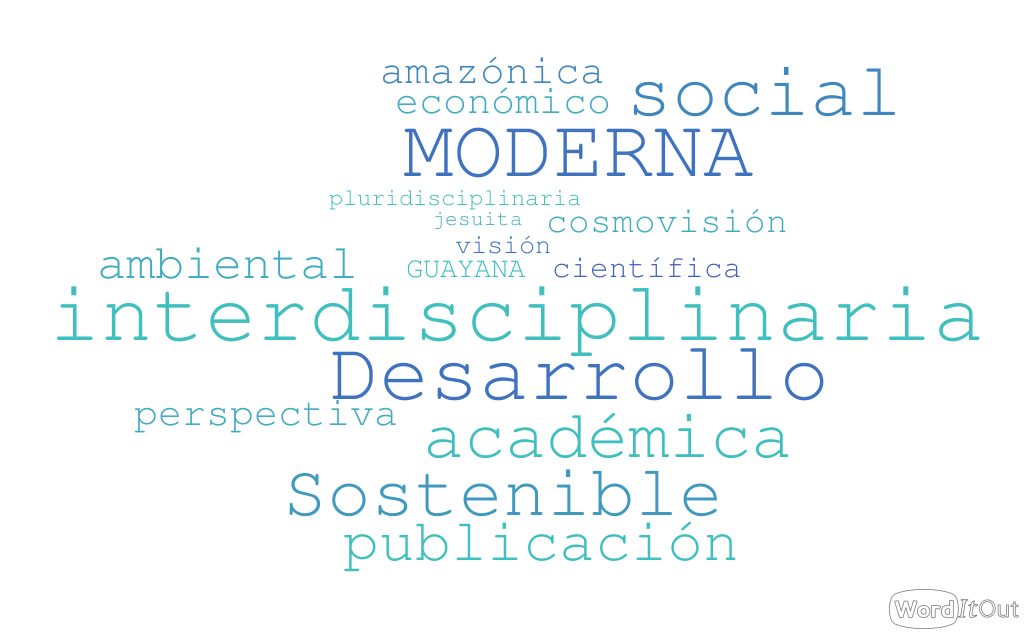Unity and Eclecticism: A Theoretical Approach to the Mediation of Learning from Ontology
DOI:
https://doi.org/10.1234/gm.v13i14.6604Keywords:
Eclecticism, Mediation of learningAbstract
Man, in his tireless need to transmit beliefs, knowledge, traditions, culture and knowledge to new generations, has sought various ways or means to achieve this objective. Hence, the aim is to generate a theoretical approach of unity and eclecticism for the mediation of learning from ontology. I know how it assumes philosophical foundations, the existentialism of Sartre (1945) and the humanism ofRogers (1953); Epistemologically, it is based on Feuerstein's theories of Structural Cognitive Modifiability (1996) and Mediated Learning Experience (1986), as well as on Vygotsky's Sociocultural theory (1934). Under the interpretive paradigm, with the intention of processing the singularities of the informants and bringing their essences to light in order to systematize them methodologically and scientifically, in order to allow, discover and interpret the contributions or findings of the study and to give new meaning to the reconstruction of the relevant theory or episteme. The method used was the phenomenological method proposed by Husserl (1913) in which he proposes three phases: philosophical reduction, eidetic reduction and transcendental phenomenological reduction. The techniques used were participant observation and in-depth interview; The study group is made up of three educational actors; while information processing is deployed through categorization, contrast, triangulation and theorization; from which nine categories were derived. The theoretical approach “Unity and eclecticism for the mediation of learning from ontology” was structured into six theoretical constructs, in addition to its structure.Downloads
References
Feuerstein, R. (1995). Programa de enriquecimiento instrumental. Madrid: Bruño.
Feuerstein, R. (1996). Experiencia de aprendizaje mediado. Madrid: Siglo Cero.
Husserl, E. (1913). Ideas Relativas a una Fenomenología Pura y una Filosofía Fenomenológica. México: Fondo de Cultura Económica.
Husserl, E. (1931). “Fenomenología y Antropología”. En Anuario de Filosofía Jurídica y Social. No 3, 2da edición, 1985. Sociedad Chilena de Filosofía Jurídica y Social. Traducción de Raúl Velozo. México.
Kuhn, T. (1962). La estructura de las revoluciones científicas. México: Fondo de Cultura Económica.
Leal, J. (2009). La Autonomía del Sujeto Investigador y la Metodología de la Investigación. 2da edición. Valencia, Venezuela.
Martínez, M. (1999). La Nueva Ciencia su Desafío, Lógica y Método. México: Trillas.
Martínez, M. (2004). Ciencia y Arte en la Metodología Cualitativa. México: Trillas.
McPhail (1995). Memorias del IV Congreso Internacional Multidisciplinario. México.
Roger, F. (1968). Las discursividades de la Investigación Cualitativa. Barcelona, España.
Rogers, C. (1953). El proceso de convertirse en persona. Mi técnica terapéutica. Barcelona España: Paidós.
Rusque, A. (2001). De la diversidad a la unidad en la investigación cualitativa. Caracas: Vadell hermanos.
Taylor, J. y Bogdan, R. (1987). Introducción a los métodos cualitativos de investigación. La búsqueda de significados. Barcelona: Paidós.
Vygotsky, Lev (1978). Pensamiento y lenguaje. Barcelona: Paidós.
Vygotsky, Lev (1969). Psicología histórico-cultural. Barcelona: Paidós.
Recursos en línea
Fernández. S. Historia de la filosofía. http://mimosa.pntic.mec.es/~sferna18/materiales/salus2/HISTORIA_DE_LA_FILOSOFIA.pdf
Feuerstein, R. (1978). The theory of structural cognitive modificatibility. http://www.educadormarista.com/desconitivo/los_paradigmas_vigotskianos.htm
Held, K. (2009). Fenomenología del ‘tiempo propio’ en Husserl y Heidegger. La lámpara de Diógenes. https://www.redalyc.org/pdf/844/84412860001.pdf
Sartre, J. (1945). El existencialismo es un humanismo. https://www.ucm.es/data/cont/docs/241-2015-06-16Sartre%20%20El_existencialismo_es_un_humanismo.pdf
Thurnher, R. (1996). “¡A las cosas mismas! Acerca de la significación de la máxima fenomenología fundamental en Husserl y Heidegger”. Seminarios de filosofía. https://dialnet.unirioja.es/servlet/articulo?codigo=144965








